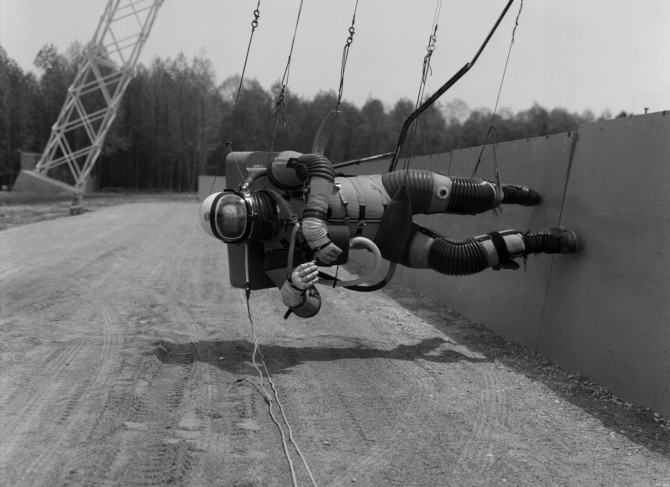Mason Peck, Chief Technologist at NASA, just did an Ask Me Anything at Reddit. A few exchanges follow.
____________________________
Question:
Do you agree with Stephen Hawking when he said this:
“It will be difficult enough to avoid disaster in the next hundred years, let alone the next thousand or million,””Our only chance of long-term survival is not to remain inward-looking on planet Earth, but to spread out into space.”
Mason Peck:
It comes down to survival of the crew. We need to create ways to help astronauts survive exposure to galactic cosmic rays and other hazards on the trip there and back. Getting there quicker would help. So that inspires the creation of advanced propulsion capabilities, but right now there’s nothing on the horizon to shorten the trip time enough so that we don’t have to worry about radiation.
Tags: Mason Peck

